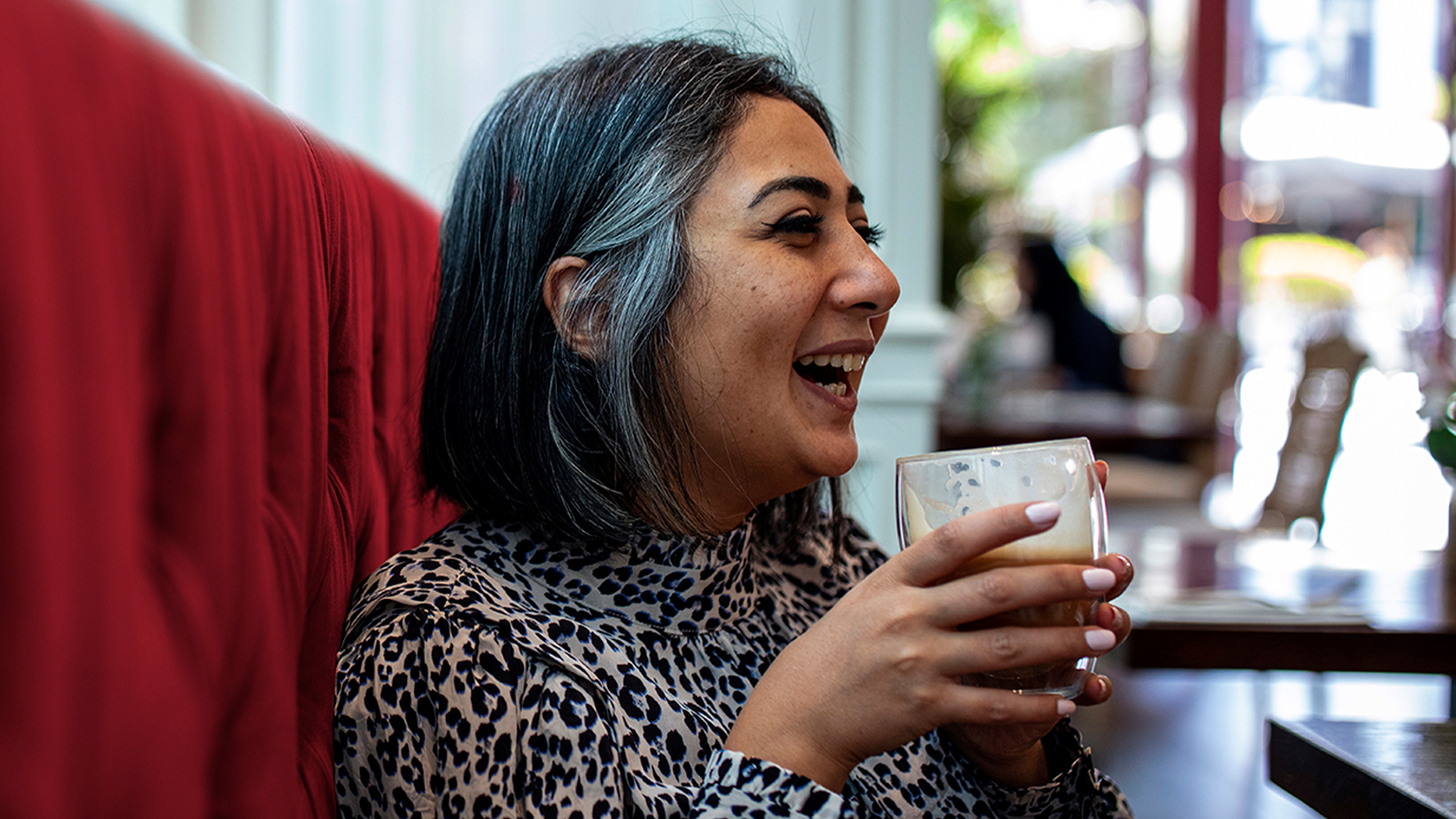
In the run up to moving to the UAE, it’s a good idea to start looking at how you’ll manage your money once you arrive. To help, we’ve put together some tips on things you can do to get your finances ready for when you land.
You won’t be able to open a bank account in the UAE without a residency visa so it may be worth considering opening an international bank account before you go. This is where you have an account at a location which is outside of the country you’re living.
International bank accounts, or offshore accounts as they are known, can be useful as you’ll be able to keep your money in one central location.
Once you do have your UAE residency visa, it’s likely you’ll be able to open an account within the city you’re living.
Explore more: International account opening
You may need to transfer money between accounts while you’re living in the UAE. For example, you may want to transfer funds from your international bank account to your local UAE bank account.
Start by taking a look at how much you’ll need to send and how often you’ll need to send it – this should help you work out the best way to move your money.
If you have a few bank accounts across the globe, you may be able to link them. With HSBC Global View and Global Transfers, you can see all your international accounts in one place and quickly send money without a fee.
When moving to the UAE, you may need to pay your rent or accommodation fees upfront for the whole year. You may also need to pay a percentage of the annual amount as a security deposit – this is typically around 5%. If you’re moving with children of school age, you may also need to pay school fees – again for the whole year.
Covering these costs at once may feel challenging so it might be worth looking into a personal loan. If you do take out a personal loan in the UAE, make sure you can afford the repayments. It’s also essential to read the small print and make sure you understand all the terms and conditions.
The more you can save before you go, the less you’ll have to borrow. If you’re able to put together a plan far enough in advance, you may even be able to save the full amount you need.
Your longer term plans will impact how you want to set up your pension. You don’t have to know all the answers before you move, but keep it in mind when setting things up.
Will you retire in the UAE? You won’t be entitled to a pension as an expat, but you may be able to get gratuity or severance pay once you retire.
If you’re planning on only living in the UAE temporarily, you may be able to keep adding to your pension pot in your home country while working in the UAE.
All options will have tax implications, so make sure you do your research before making any decisions.
While planning how you’ll look after your money while living in the UAE, don’t forget to sort out your finances before you leave. Do you need to close down any accounts or tie up any last repayments?
Also, make sure you’re aware of how financial products work in the UAE. They may differ from your home country, so it’s important to do your research.


